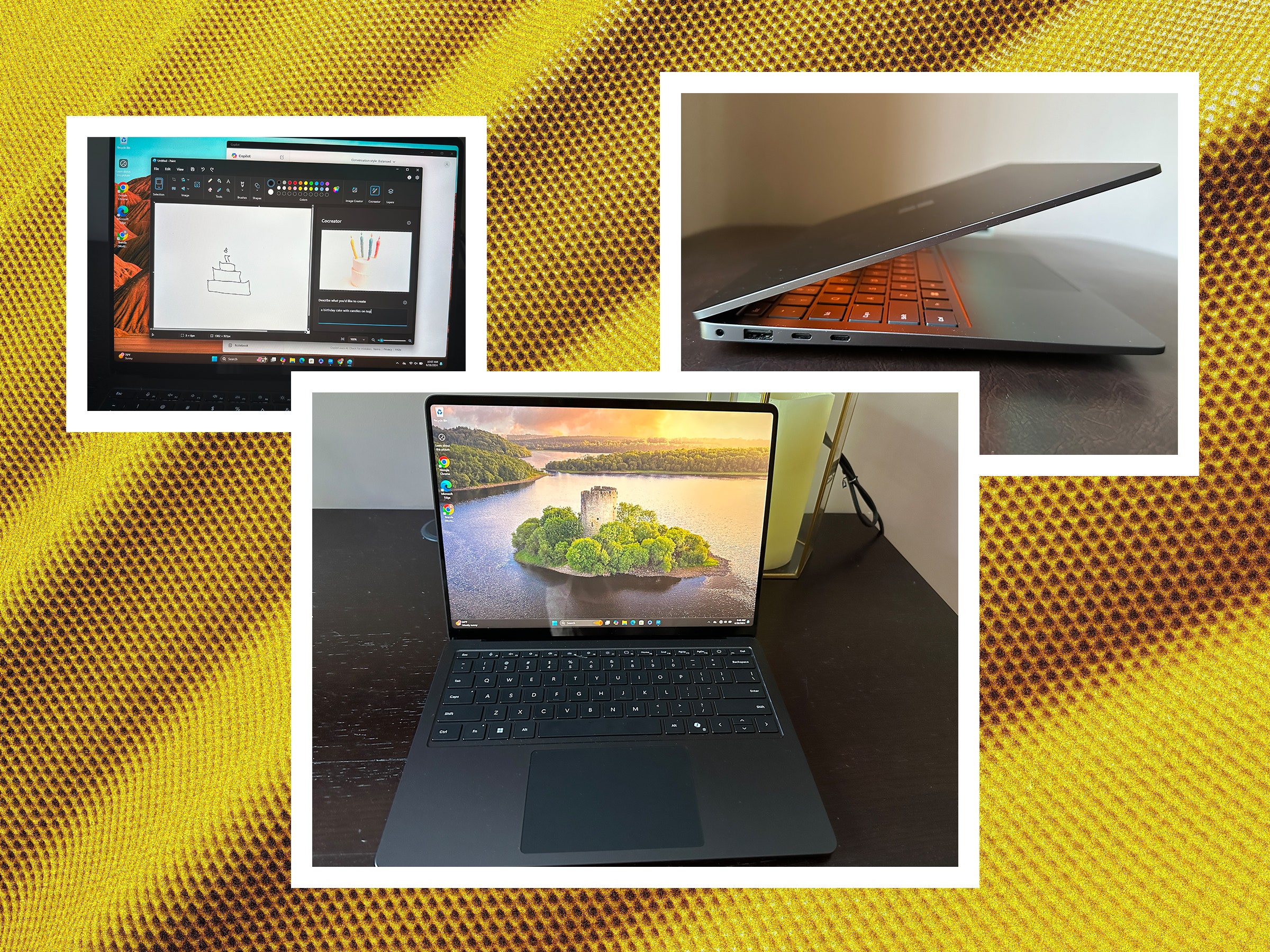If you buy something using links in our stories, we may earn a commission. This helps support our journalism. Learn more. Please also consider subscribing to WIRED
Once upon a time, an antivirus program would be the one of the first pieces of software you would install on a new Windows PC. Now, that’s much less common. Many users instead now rely on the Windows Security tool that’s built into Microsoft’s operating system to keep them protected against viruses and malware.
And yet, there are still plenty of antivirus and anti-malware security solutions for Windows. So should you be installing one of these packages? The answer, as you might expect, is that it depends.
The Windows Security Suite
Windows Security is built into Windows.
Courtesy of Microsoft
We won’t take you through the entire history of Microsoft Windows and its security features, but it’s helpful to go back to September 2009: This was when a new program called Microsoft Security Essentials got added to the operating system. In the years since, that program has evolved and changed to become the Windows Security application you’ll find preinstalled on your system today.
To find it, open the Start menu and look for “windows security.” You’ll see all the various components that make up the program on the Home tab, and they’re all things that used to be handled by third-party programs: virus and malware threat protection, a firewall for locking down the network, and browser controls for stopping potentially dangerous downloads, for example.
The Windows Security suite is designed to be as low-maintenance as possible, and most users aren’t going to need to do anything with it—it’ll simply run quietly in the background, watching out for viruses and other threats. Scans of the system and downloads of the latest virus definitions are handled automatically without any user input, though you can run scans manually (via Virus & threat protection).
Open up the Device security tab and you’re able to see some of the other built-in protections in Windows, which will depend in part on the hardware components in your PC. The safeguards you’ll see here, such as the trusted platform module, prevent malware from interfering with core Windows functions and running software that hasn’t been authorized.
Built-in Protection vs. Antivirus Software
The Device security page lists protections built into Windows.
Courtesy of Microsoft
So you’ve got Windows Security on your system, and you should also have a modern, up-to-date web browser installed. Browsers like Google Chrome and Apple’s Safari come with a whole host of security protections to identify dodgy websites, protect you from nasty downloads, and block bad code from running in your browser. These safeguards built into modern browsers provide another important layer of protection.
Don’t underestimate the value of updates for your browser and for Windows itself either. A significant number of malware packages exploit older software, which is why Microsoft and the browser makers are continually issuing updates to plug holes and patch up vulnerabilities. If you’re running the latest version of Windows and the latest version of your browser, that’s another line of defense.
Antivirus software typically adds several elements to the mix, though it varies between packages: You might get a VPN included, for example, as well as parental controls, a password manager, and some secure cloud storage for your files. There are also often monitoring tools to look out for data hacks and leaks that might include your personal information (from credit card numbers to login details).
Dedicated antivirus programs will often be more proactive than Windows’ own solution, scanning incoming data as it arrives on the network and looking out for connected devices—like smart home gadgets—that may not have comprehensive privacy and security protections of their own. As the built-in Windows antivirus tool has improved, these third-party options have evolved to offer more and more functionality.
Do You Need an Antivirus Program?
Antivirus packages cover multiple devices with multiple features.
Courtesy of Norton
There’s no simple yes or no answer as to whether you need an antivirus program on Windows. It’s your choice, and if you want to go without one, then you do so at your own risk. The products offered by the big names in the business like Bitdefender and Norton are certainly effective and reliable when it comes to keeping malicious code away from your Windows system.
At the same time, an up-to-date version of Windows, plus Windows Security, plus a current web browser, is a pretty robust setup for most users—and one that a lot of viruses and other malware are going to struggle to get through. Your online activities affect your level of safety too: Spend a lot of time watching and downloading pirated content, for example, and your risk level goes up.
It’s a bit like driving in some ways. Observe the speed limits, keep your eyes on the road, follow the signs, stick to the parts of town you’re most familiar with, and you’re going to stay out of trouble most of the time—but you’re going to be even safer in an armored car and with a police escort.
It’s worth noting that neither setup is 100 percent guaranteed to keep you safe all of the time. Also, it’s ironic, but sometimes installing an antivirus program comes with its own security risks.
What’s certainly true is that an antivirus program is no longer a must-have on a modern Windows system. It’s also no longer the first app you have to install. These antivirus packages are now optional extras, giving you some extra peace of mind and additional features that you might consider valuable for your setup.




